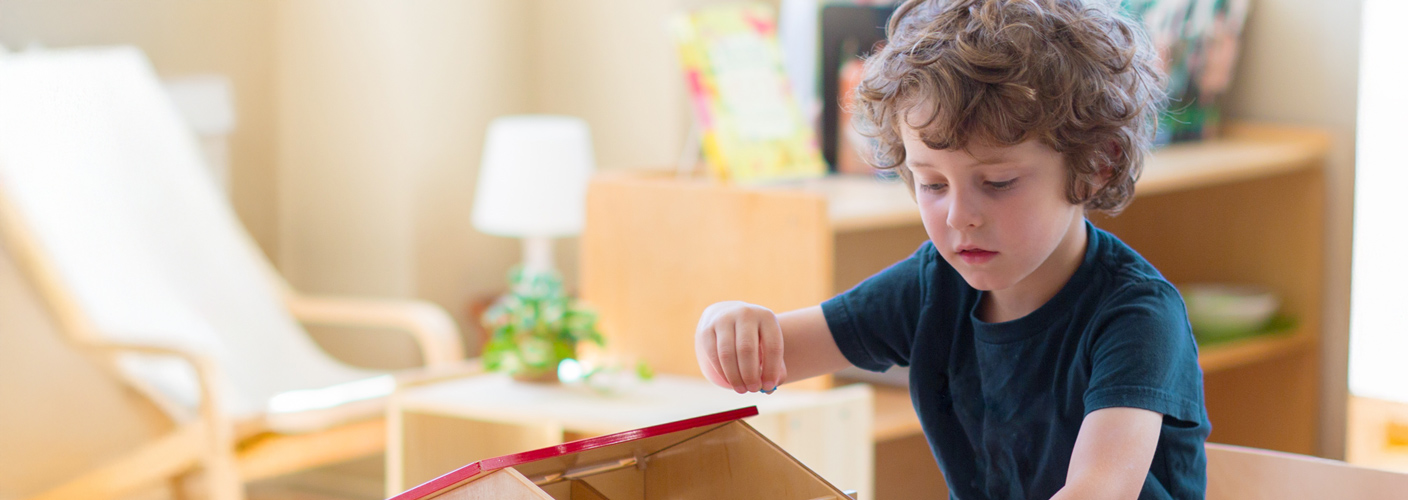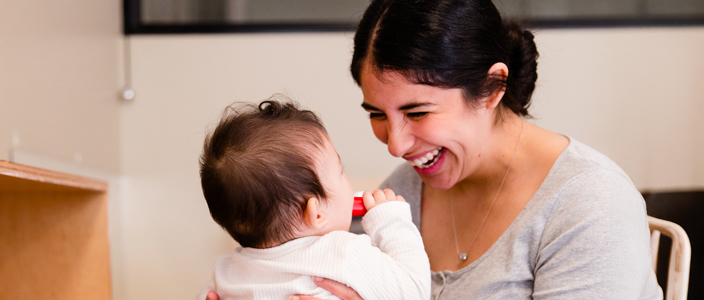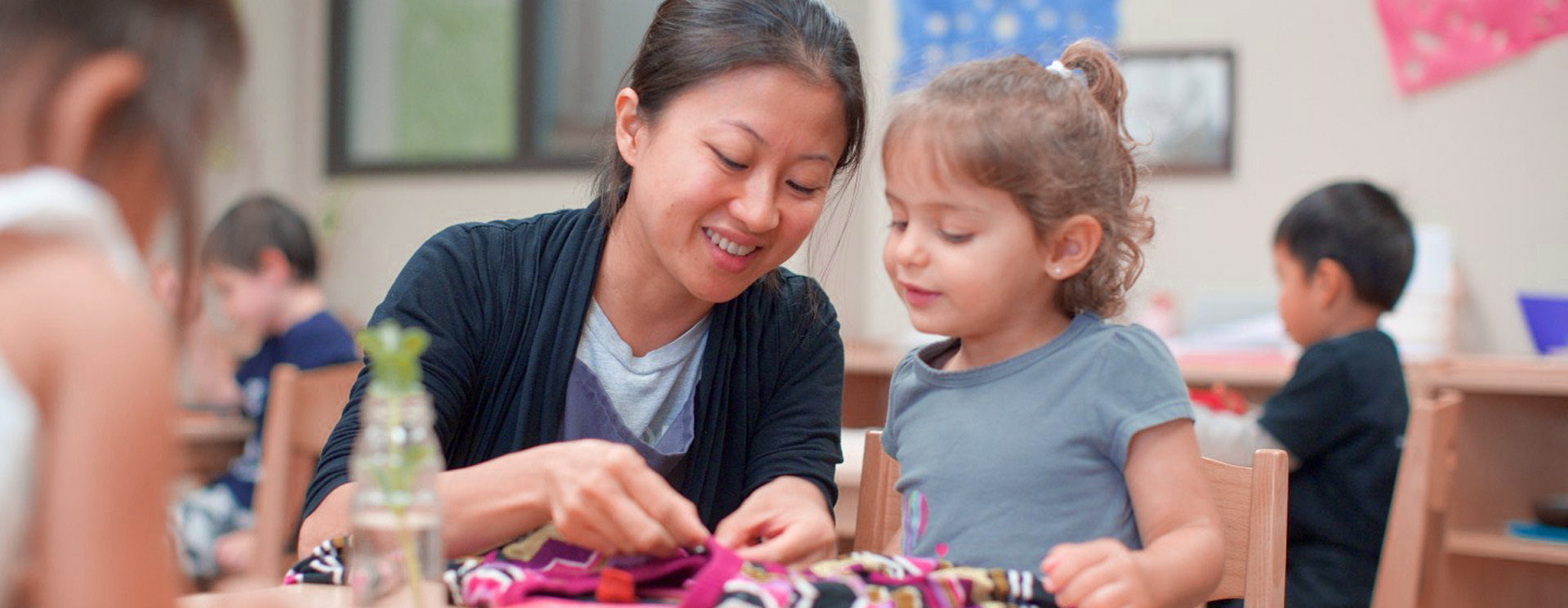
Why Montessori?
The Montessori Difference
When parents first reach out to us, many have heard of Montessori education, but don’t fully understand it. They often ask, “What exactly is Montessori?”, “Are all Montessori schools the same?”, and “Why do children have so much freedom in your classrooms?”.
One of the most important things about a Montessori education is the focus on independence. The children are encouraged to do things on their own, like choosing their work, cleaning up, and solving real problems. This helps them feel proud of themselves and builds their confidence. They are taught to respect each other, their teachers, and their classroom space.
There are many Montessori schools around the world. However, not all of them adhere to Dr. Montessori’s principles. An authentic Montessori school, like LePort, sticks to these ideas. They make sure children learn in a way that builds both their academic and life skills. Research shows that true Montessori programs help students perform better in many areas compared to traditional schools. Montessori students typically have stronger math and reading skills, build a stronger vocabulary, and learn how to solve social problems by working with others.
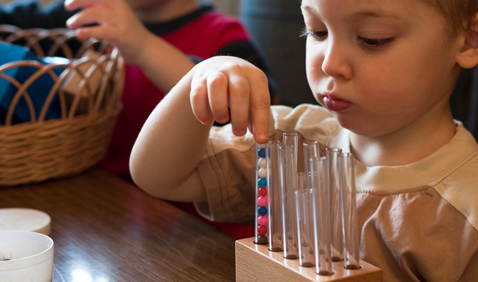

The Key Elements of Montessori
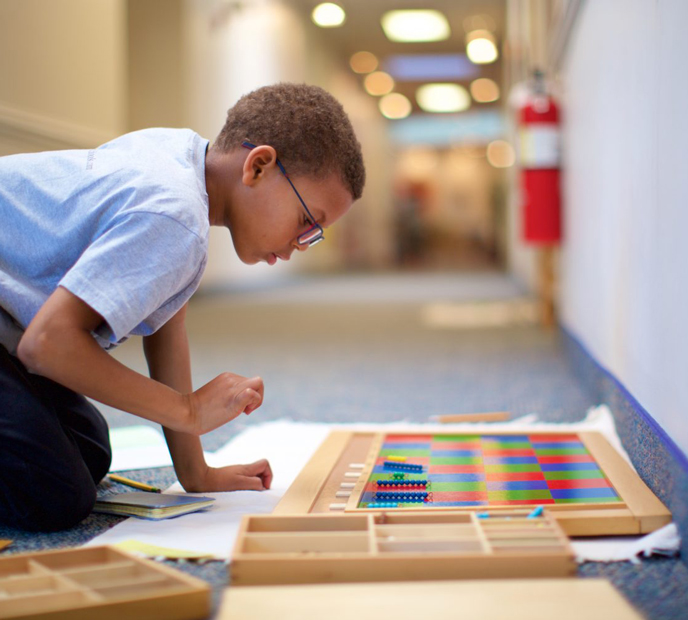
In Montessori schools, children of different ages learn together in the same classroom. Older students can help the younger ones, and younger children can learn by watching and working with the older children. It is like having a big family in the classroom! Children make friends, learn from each other, and create a strong community. They also stay with the same teacher for several years. This helps the teacher develop a strong bond with each child and understand what they need to grow and learn.
Montessori students have long, uninterrupted periods of time to work with materials that meet their interests. This gives them the chance to focus deeply on their work and learn at their own pace. They can take their time, be creative, and solve problems without feeling rushed. The 3-hour work period allows the children to fully engage in what they are doing, helping them build concentration and develop important skills. It also lets them enjoy the learning process without having to stop and switch to something else too quickly.
Montessori classrooms are filled with hands-on materials that help children learn by doing. Children get to work at their own level and move forward as they understand each new idea. These materials teach math, language, and life skills in a way that’s easy to understand. For example, in math, children use the Golden Beads to learn about counting and place value. They hold and count units, tens, hundreds, and thousands, which helps them understand how numbers work.
Montessori teachers receive unique training. They watch their students to see what they are interested in and when they are ready to learn something new. This helps teachers give lessons at just the right time. It makes learning exciting and meaningful for each child. Teachers also help their students become independent by allowing them to do things on their own. They know just how much help to give, so their students feel confident and think for themselves.

